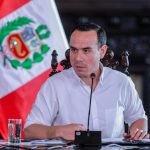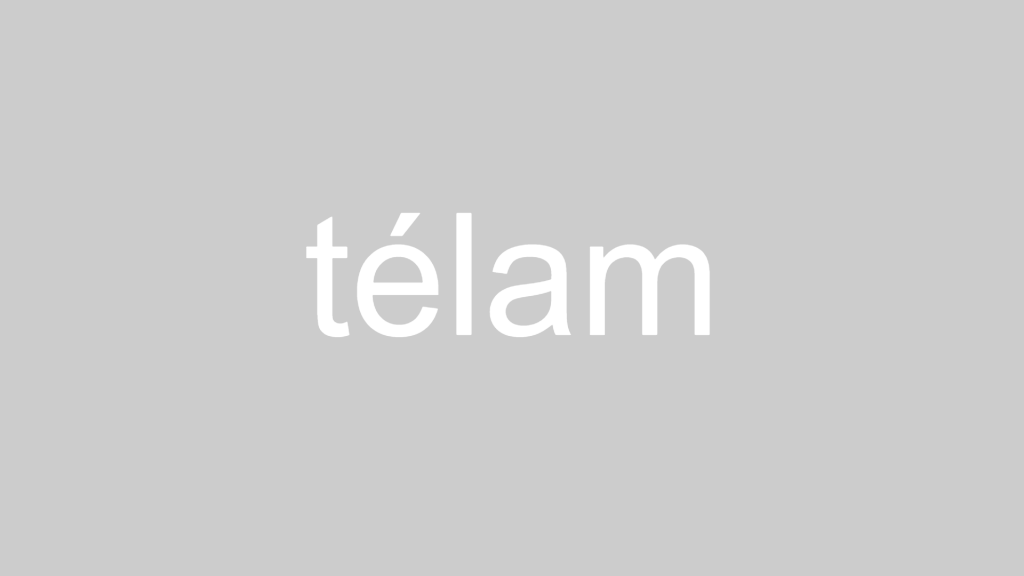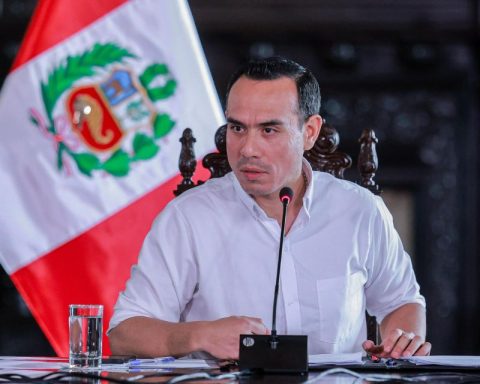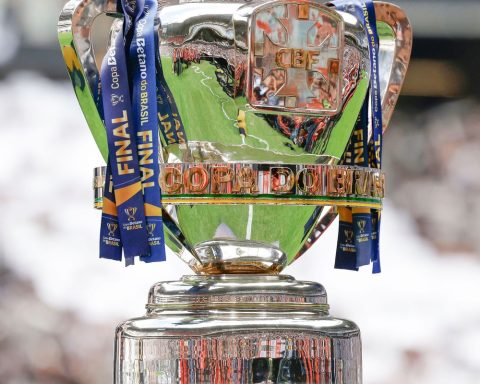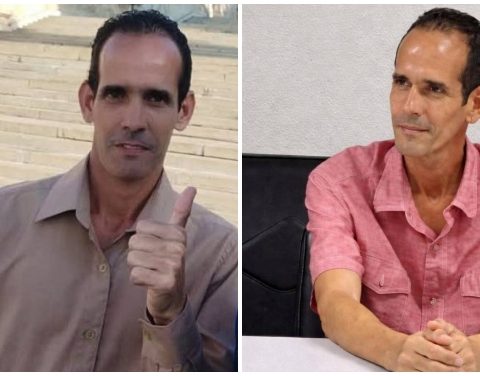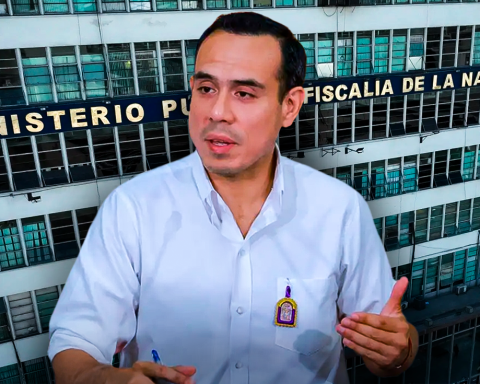A Russian judge on Tuesday found Alexei Navalni guilty of “fraud” and “disrespect,” paving the way for an extension of the prison sentence already being served by President Vladimir Putin’s main opponent.
The prosecution had requested last week that the sentence of two and a half years in prison, which Navalni has been serving for just over a year, be increased to 13 years in prison.
The charismatic anti-corruption activist and former lawyer, 45, has been on trial since February in a makeshift court inside the penal colony where he is serving his sentence, 100 km east of Moscow.
On Tuesday, he appeared at the hearing dressed in a prison uniform, his face gaunt, and listened to the verdict with his hands in his pockets, laughing and arguing with his lawyers, an AFP journalist at the scene reported.
As expected, Judge Margarita Kotova declared him guilty from the beginning of the sentence reading, which could last several hours until the final announcement of the sentence.
“Navalni committed a fraud, the theft of other people’s property by an organized group,” Kotova said, adding later that he also “showed his disrespect in court, insulting a judge.”
After the verdict, Navalni could be transferred, at the request of the prosecution, to a so-called “strict regime” prison, further from Moscow and where conditions are much harsher.
A hundred journalists attend the video broadcast of the hearing in a press room set up in the penal colony.
The opponent was only accompanied by his two lawyers, in the midst of a wave of intimidation from voices critical of the Kremlin in the context of the Russian offensive in Ukraine.
Repression
In the case on trial Tuesday, investigators accuse Navalni of embezzling millions of rubles in donations to his anti-corruption organizations and “contempt” during a previous trial.
Navalni considers that these charges are fictitious and that they were ordered by the Kremlin to keep him in prison as long as possible.
The activist, known for his investigations into corruption and the lifestyle of Russian elites, has been the target of repression by the authorities for more than two years.
In August 2020, he fell seriously ill in Siberia, the victim of nerve agent poisoning, ordered according to him by the Russian president himself.
The Kremlin denies this, but the Russian authorities have never investigated this alleged assassination attempt.
Upon his return to Russia, in January 2021, after five months of convalescence, he was arrested and sentenced to two and a half years in prison for a 2014 “fraud” case related to the French company Yves Rocher.
In June 2021, his organizations, which had been campaigning across Russia for years, were branded “extremist” and banned, prompting many activists to go into exile to avoid prosecution.
Others have been arrested and face harsh prison sentences.
Even from his penal colony, Navalni continues to send messages against the Putin government.
Since the offensive in Ukraine, it has spoken out against the fighting and has continued to call for anti-conflict demonstrations despite the risks involved.
To suppress any criticism of the Russian military, the authorities have further strengthened their legal arsenal, with heavy prison sentences.
Despite this, more than 15,000 people have been temporarily detained in Russia in almost a month for demonstrating against the offensive, according to the specialized NGO OVD-Info.
In parallel, the government has tightened its control over information about the conflict, blocking access to dozens of local and foreign media in Russia.
On Monday, the Russian justice banned Instagram and Facebook, accused, like Navalni, of “extremism”. Twitter and TikTok were already blocked in Russia.

